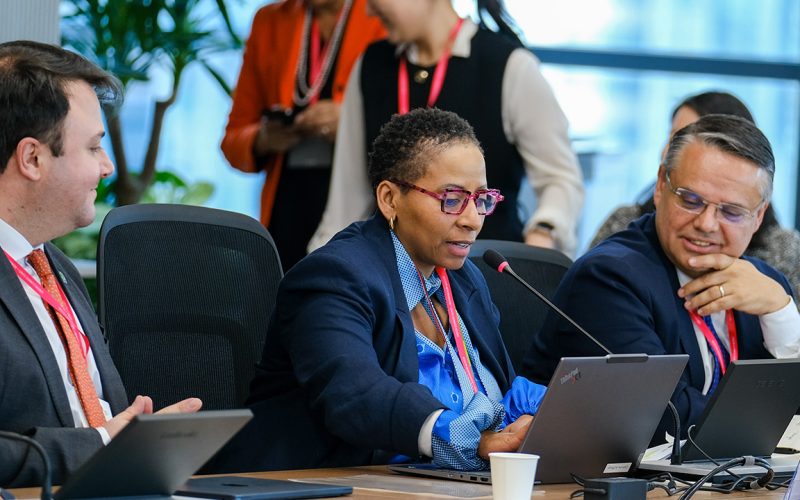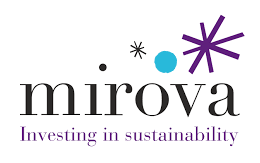The Green Climate Fund (GCF) has approved $686.8 million in new climate investments, expected to mobilise $1.5 billion with co-financing, to support 11 projects across 42 countries. These initiatives aim to provide direct assistance to 115.5 million people and mitigate 45.3 million metric tonnes of CO₂.
At its latest board meeting, the GCF also announced plans to establish a regional presence to improve access to funding and enhance the impact of its climate projects in developing countries.
The newly approved projects include first-time single-country investments in Serbia to enhance forest resilience and in Togo to strengthen the climate resilience of vulnerable communities. Two projects leverage private sector partnerships, including a Green Climate Finance Facility in Senegal in collaboration with La Banque Agricole to support climate-smart agriculture, and a sustainable land fund with Mirova to address deforestation linked to agriculture.
GCF Co-chair Seyni Nafo highlighted the importance of these projects in delivering climate finance where it is needed most.
“The 11 new projects agreed at this Board will bring urgently needed climate finance to support developing countries. It is particularly gratifying to see that we are broadening our impact by bringing first-time projects to Togo and Serbia,” Nafo said.
Co-chair Leif Holmberg reaffirmed GCF’s commitment to supporting vulnerable communities, stating:
“During these challenging times, GCF is showing how countries are able to reaffirm their individual and collective commitment to accelerating support to climate-vulnerable communities. Increasing access to vital finance on the frontlines of the climate crisis remains a top priority for the Board.”
GCF Executive Director Mafalda Duarte emphasised the significance of establishing a regional presence, bringing the fund closer to the communities it serves.
“If climate action is local action—which it is—then the Green Climate Fund needs to be local too. Not only as a source of finance but as a partner working on the ground,” she said. “This decision strengthens our ability to deliver on the more than $680 million in new climate action commitments announced at this Board meeting, pushing our total portfolio towards $17 billion across 133 countries.”
The board also approved six new project implementing partners, including five national and regional entities, reinforcing GCF’s commitment to direct access for developing countries. Burkina Faso now has its first direct access entity, while Armenia has its first private sector direct access entity.
Among the newly funded projects is a United Nations Early Warning For All initiative, which aims to improve disaster preparedness and protect lives in multiple at-risk countries. The RE-GAIN initiative, developed in partnership with AGRA, will scale solutions for food loss in Africa.
The GCF’s Project Preparation Facility played a key role in supporting the development of five of the approved projects, demonstrating the fund’s ongoing efforts to streamline access to climate finance.
The GCF’s overall portfolio now includes 297 projects, with a total of $16.6 billion in GCF funding and $62.7 billion with co-financing. Investment is primarily in the form of grants (74%), supplemented by loans (16%) and equity (10%).
The Green Climate Fund’s investments are distributed across various regions, with Africa receiving the largest share at 38%, followed by Latin America and the Caribbean at 32%. The Asia-Pacific region accounts for 27% of the total investment, while Eastern Europe, Central Asia, and the Middle East collectively receive 3%. This allocation reflects the fund’s prioritisation of regions most vulnerable to climate change, ensuring targeted financial support for adaptation and mitigation efforts where they are needed most.
Additionally, 63% of the adaptation funding will be allocated to Least Developed Countries (LDCs), Small Island Developing States (SIDS), and African nations—underscoring GCF’s focus on supporting the most climate-vulnerable communities.
The next GCF Board meeting will take place from 30 June to 3 July 2025 in Port Moresby, Papua New Guinea.





















